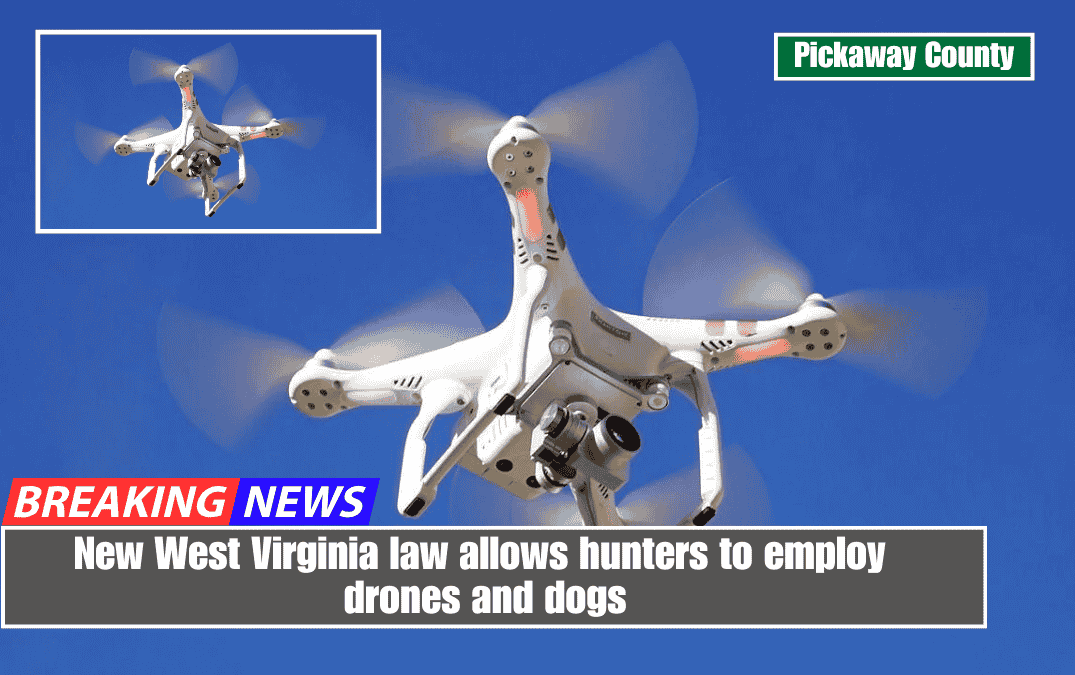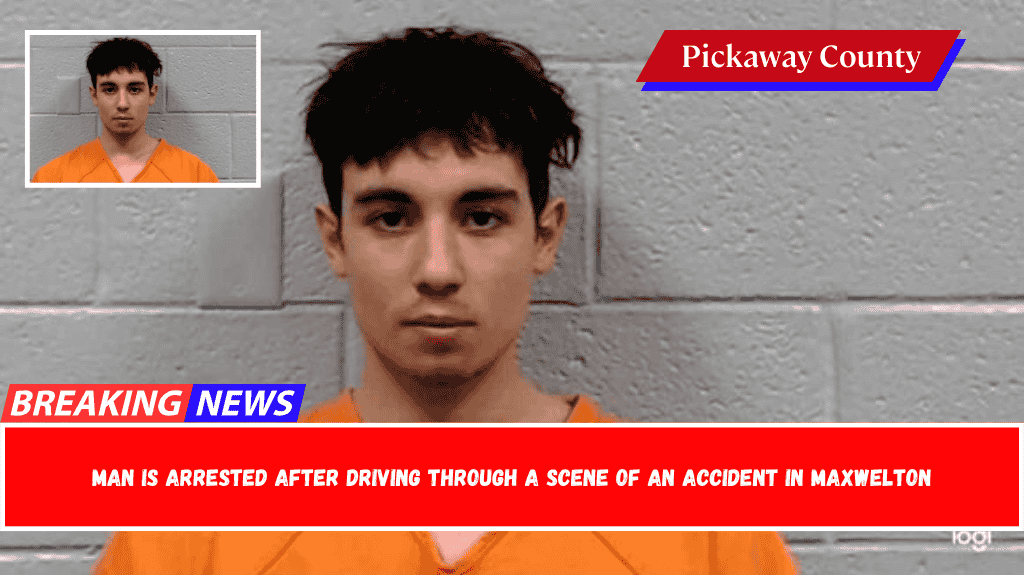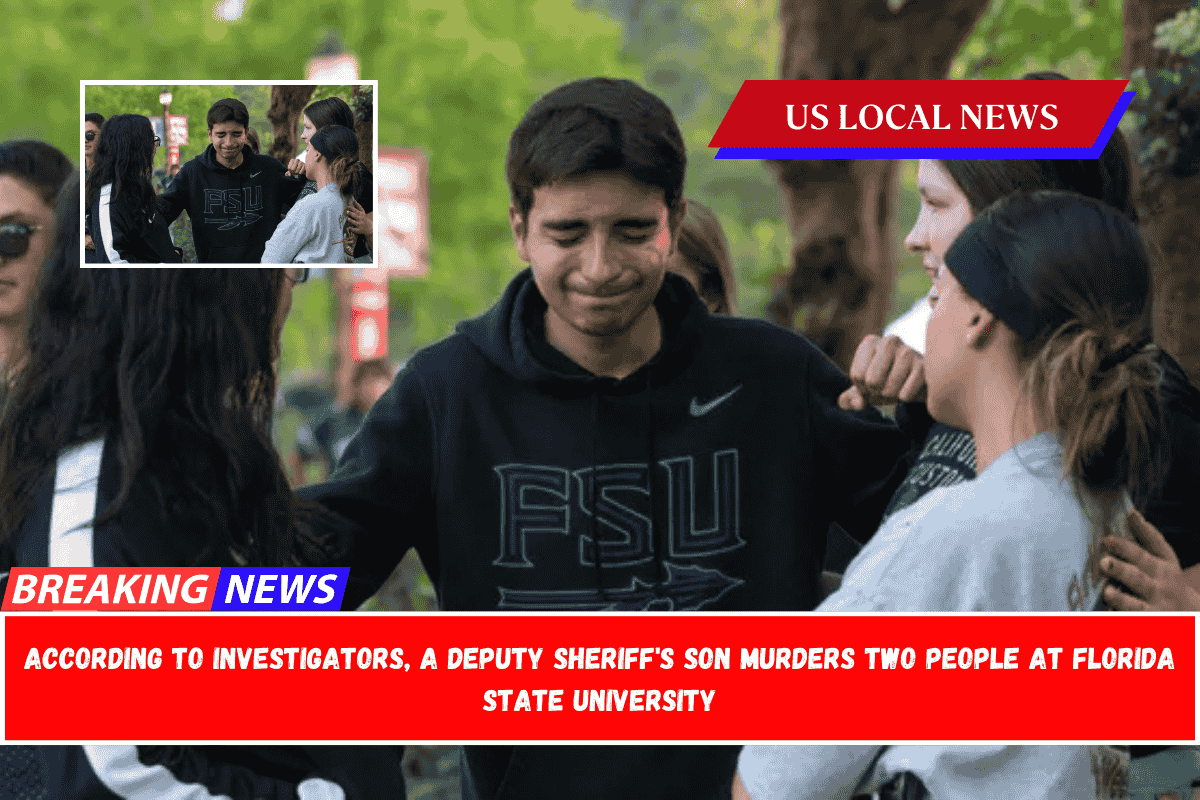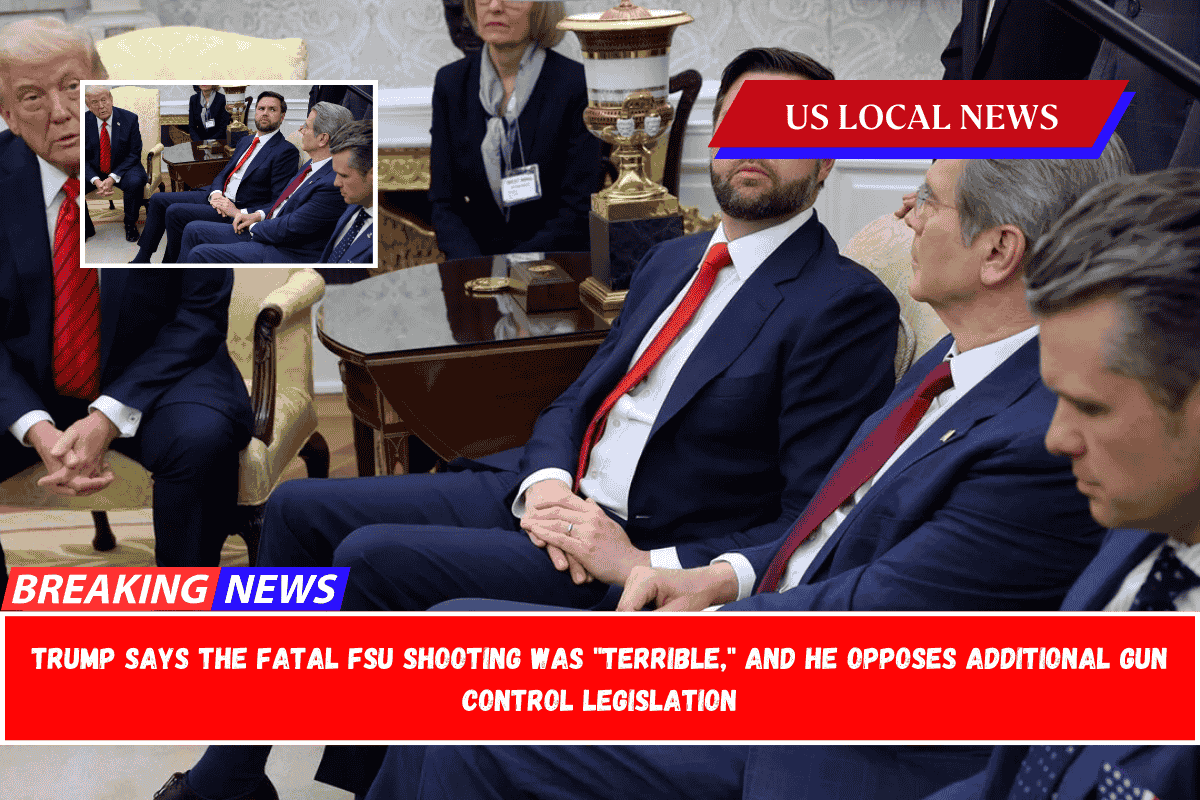Charleston, West Virginia (WTRF/WOWK) A new West Virginia legislation will enable hunters to employ drones and leashed dogs to search down and find critically injured game animals.
The bill, enacted by the Legislature on April 1, 2025, will take effect on June 30, 2025. According to the legislation, hunters who think they have gravely injured a deer, elk, turkey, wild boar, or bear may now pursue the animal using a leashed dog, an unmanned aerial vehicle (UAV), or both. Tracking may be done by the hunter or with the assistance of a dog handler or a certified drone operator.
Each handler may only utilize one leashed dog, and dogs must always be physically controlled. If a hunter hires a dog handler, the hunter is unable to manage more dogs.
The legislation also states that tracking a wounded animal with a dog or drone constitutes hunting. This implies that hunters, handlers, and drone operators must either have a valid hunting license or fulfill state licensing exemption requirements.
Only the hunter who fired the first shot is permitted to harvest the wounded animal, unless the hunter is physically unable to do so. In such situation, the handler may keep the animal, but it will still count against the hunter’s bag limit.
Drone operators that provide tracking services for a profit must follow federal FAA Part 107 license standards unless they are operating on their own or leased territory. The state requires both dog handlers and drone operators who provide commercial services to be licensed as outfitters or guides.
The regulation regulates the use of tracking systems in order to strike a balance between hunting rights and ethical recovery techniques.
Every year, the West Virginia Division of Natural Resources will issue a list of licensed tracking guides and outfitters by September 1. Supporters of the measure claim it would help minimize waste by increasing the recuperation of injured game. Prior to this regulation, the state forbade the use of drones or aircraft to monitor game.














